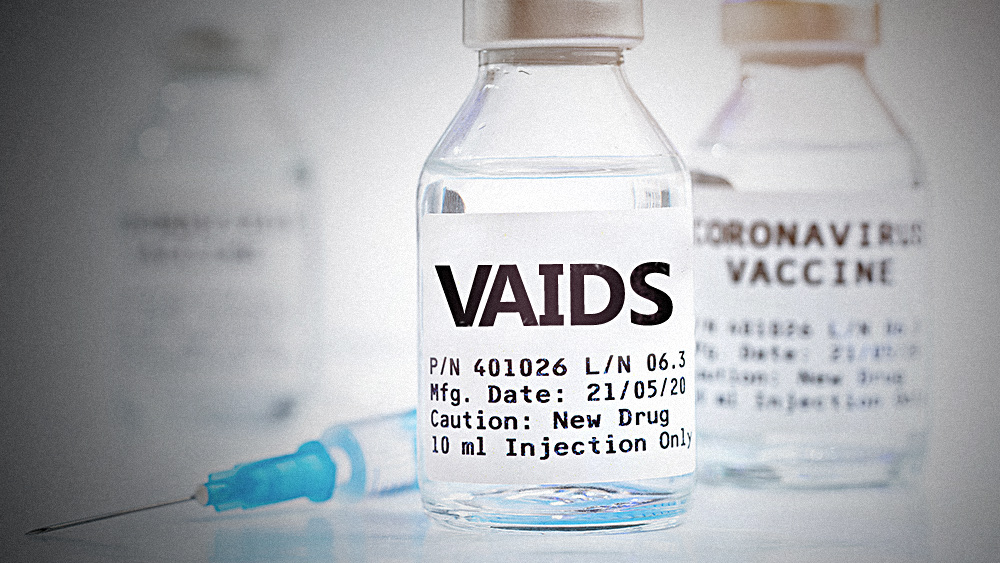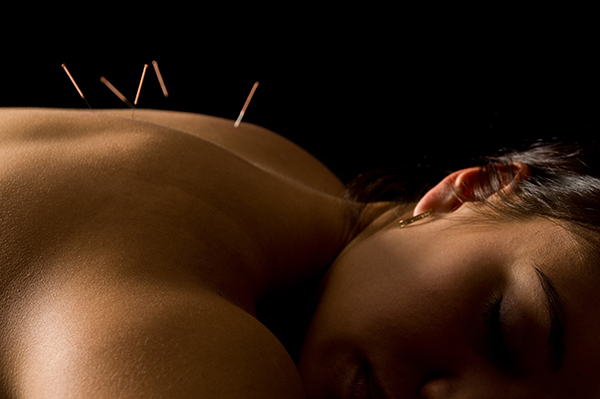The science behind the benefits of gardening for mental health and well-being
01/12/2023 / By Olivia Cook

Horticulturists, gardening enthusiasts and sustainability advocates from across the continents agree that gardening provides cognitive, emotional, physical and social benefits.
Read on to know the science behind all these benefits of gardening for mental health and well-being.
Cognitive benefits
A study published in the International Journal of Environmental Research and Public Health reported significantly increased levels of the brain nerve growth factors associated with memory and cognitive function in senior individuals who were recruited to make a vegetable garden.
From a local community in Gwanjin-gu, Seoul, South Korea, 41 seniors aged over 65 years with no physical activity and no severe chronic disease, performed 20-minute low-to-moderate intensity garden activities, most days of the week for five weeks – cleaning a garden plot, digging, fertilizing, raking, planting and transplanting and watering.
A systematic, quantitative review of four randomized controlled trials and 10 quasi-experimental studies published in the Journal of Clinical Nursing reported on the effectiveness of horticultural therapy on cognitive function, agitation, positive emotion and engagement in people with dementia.
With this in mind, an integrative literature review published in the European Journal of Social Work reported that many Scandinavian countries, including Denmark, Finland, Iceland, Norway and Sweden now have Green Care programs for the elderly, where they spend a large portion of their time working on farms and gardens.
Emotional benefits
Sara Rigby of BBC Science Focus reported that a 2021 study conducted by the Royal Horticultural Society (RHS), in collaboration with the University of Sheffield and the University of Virginia, showed that people who garden every day have well-being scores 6.6 percent higher and stress levels 4.2 percent lower that those who do not garden at all.
“When gardening, our brains are pleasantly distracted by nature around us. This shifts our focus away from ourselves and our stresses, thereby restoring our minds and reducing negative feelings,” said RHS well-being fellow and lead author Dr. Lauriane Suyin Chalmin-Piu.
A study published in the Indian Journal of Psychological Medicine, meanwhile, found that exposure to the sunshine vitamin protects against the depletion of dopamine and serotonin levels and helps avert seasonal affective disorder (SAD) in people with anxiety and depression.
Gardening fulfills the basic human need to be needed because a gardener’s good care of his or her grounds or plots is a confidence booster and increases self-esteem. (Related: Study suggests gardening helps promote mental health, positive body image.)
Physical benefits
For most people, gardening can be such an engrossing activity that they don’t even notice they’re engaging in physical fitness – and definitely more fun.
The bending, digging, pulling, reaching and twisting associated with gardening activities amounts to light aerobic exercise, a great way of burning calories, which assists in weight management, decreases resting heart rate and risk of heart disease, improves cardiovascular conditioning, lowers blood pressure, increases good cholesterol levels, improves lung function and helps to better manage blood sugar, according to the American Heart Association.
Gardening outdoors also exposes you to immunity-building vitamin D and the “friendly” allergy-fighting bacteria Mycobacterium vaccae – which is believed to have anti-depressant qualities by impacting the production of serotonin, often referred to as the “happy molecule.” Scientists also believe that in addition to lowering stress, exposure to this soil bacterium could increase cognitive ability and learning behavior and improve concentration.
Scientists in a study published in the International Journal of Pediatrics concluded that sensory gardens enable children to attain rich sensory stimulation during play outdoors and serve as a potential therapy for childhood disorders, such as attention deficit hyperactivity disorder (ADHD).
For those who plant fruits and vegetables, a garden is a bona fide “cornucopia of healthful eating” at their fingertips. (Related: Can gardening cure depression?)
Social benefits
A study by researchers at Anglia Ruskin University in Cambridge, England, confirmed what gardening enthusiasts say about gardening being the “perfect activity to get us through current social distancing regulations.”
Older adults are particularly vulnerable to seclusion and depression as many of them live alone or have limited mobility and access to transportation and people.
Mental Health America estimates that more than two million of the 34 million Americans aged 65 and above suffer from some form of depression – exhibiting aches and pains that don’t go away, difficulty sleeping, irritability, lack of energy, pessimism and trouble concentrating.
Barclay Friends, a senior living community in West Chester, Pennsylvania, has observed that community gardens bring seniors together in a shared effort – fostering vital socialization and friendships based on a common interest. They added that conversations flowed more naturally as they were secondary to the focus on gardening.
Check out GreenLivingNews.com to learn more about gardening and its different health benefits.
Watch this short video about the benefits of gardening for mental health.
This video is from the Food Forest Abundance channel on Brighteon.com.
More related stories:
The many health benefits of gardening.
On to greener pastures! How horticulture improves mental health.
Gardening and volunteering boosts mental health, relieving stress, anxiety and depression.
Sources include:
Submit a correction >>
Tagged Under:
aging secrets, alternative medicine, anti-aging, anti-anxiety, beat depression, brain function, brain health, exercise, green living, health science, home gardening, mental health, mental wellness, mind body science, natural health, natural medicine, prevention, sunshine vitamin
This article may contain statements that reflect the opinion of the author
RECENT NEWS & ARTICLES
HealthScience.News is a fact-based public education website published by Health Science News Features, LLC.
All content copyright © 2018 by Health Science News Features, LLC.
Contact Us with Tips or Corrections
All trademarks, registered trademarks and servicemarks mentioned on this site are the property of their respective owners.




















